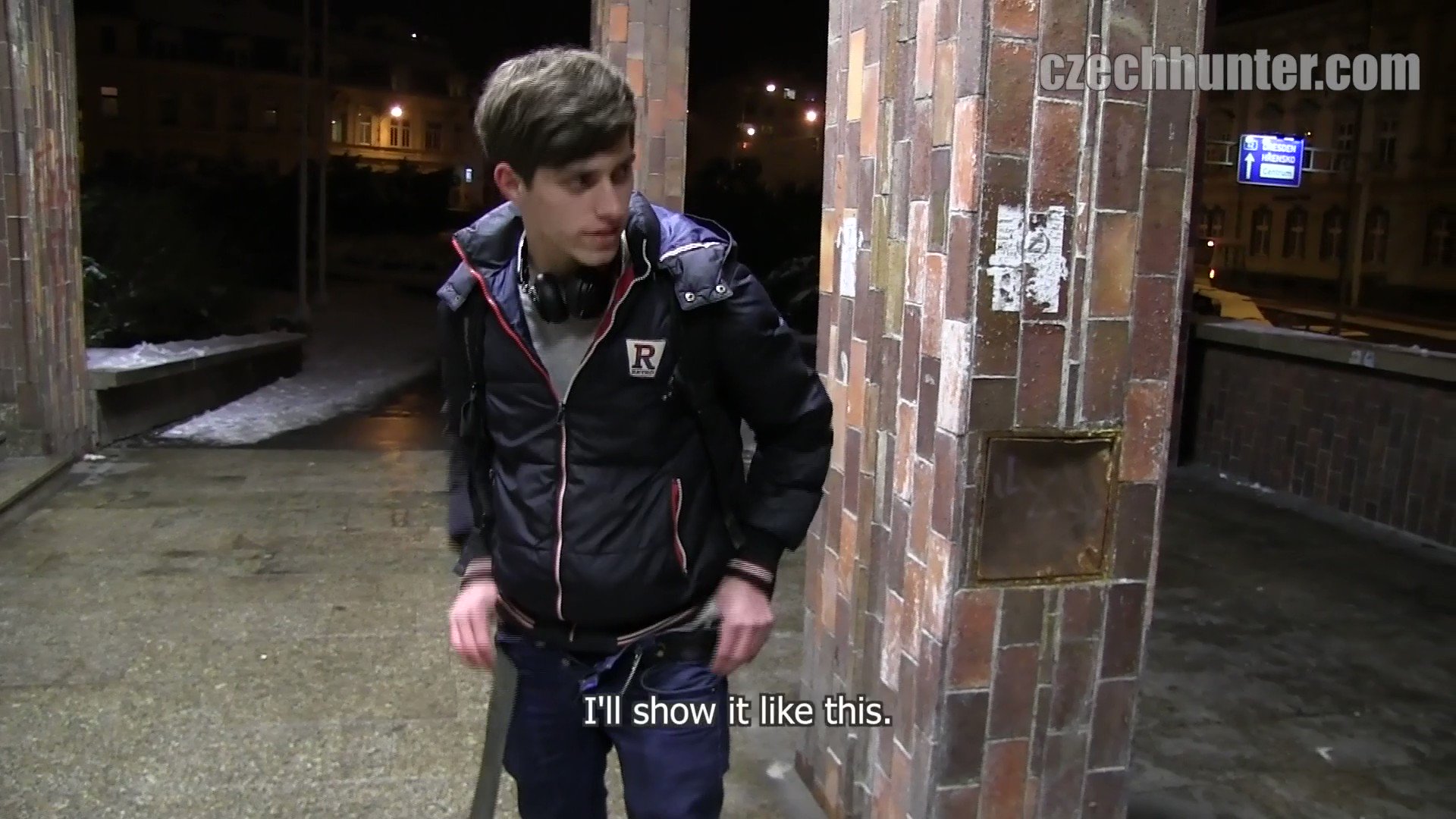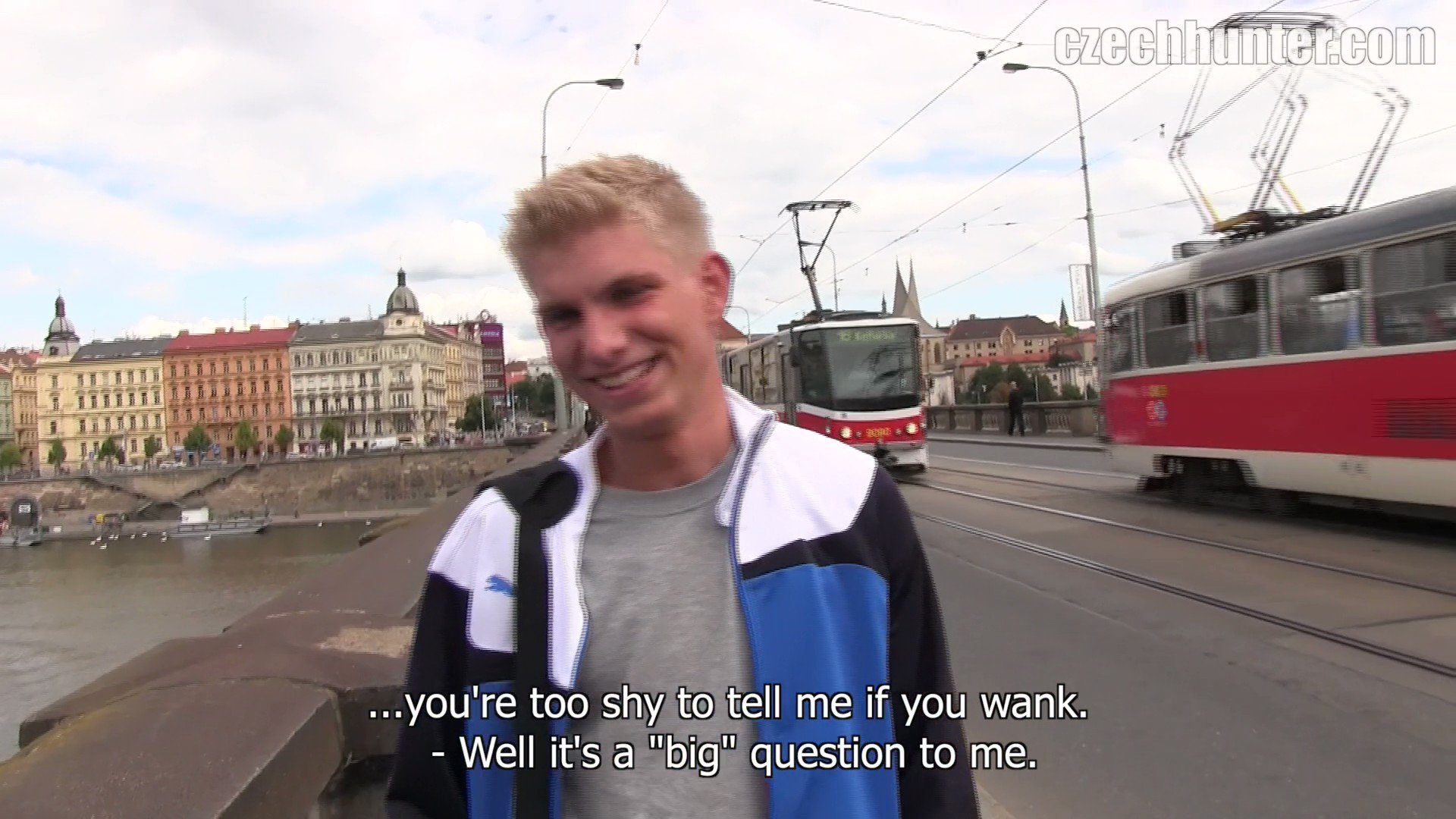The concept of the "Czech Hunter 362" delves deep into the very soul of the Czech Republic, exploring not just the act of hunting itself, but the profound historical, cultural, and environmental tapestry that surrounds it. This journey takes us far beyond mere sport, inviting us to understand how centuries of tradition, a rich natural landscape, and a unique national identity have shaped the relationship between the Czech people and their wild surroundings. From ancient Slavic settlements to modern conservation efforts, the spirit of the hunter in the Czech lands is a testament to resilience, respect, and a deep connection to the land.
In this comprehensive exploration, we will navigate through the intricate layers of Czech heritage, discovering how the pursuit of game has intertwined with daily life, language, and even national celebrations. We aim to shed light on the expertise, authority, and trustworthiness embedded in these traditions, ensuring a clear and valuable understanding for anyone interested in this fascinating aspect of Czech culture. Prepare to uncover the stories, customs, and landscapes that define the essence of the "Czech Hunter 362."
Table of Contents
- The Deep Roots of the Czech Hunter 362: A Historical Perspective
- The Cultural Tapestry of the Czech Hunter 362
- The Landscape and Wildlife of Czechia: A Hunter's Paradise
- Language and Lexicon of the Hunt: Echoes of the Past
- Modern Ethics and Conservation: The Evolving Role of the Czech Hunter 362
- The Economic and Social Impact: Beyond the Field
- Culinary Traditions and the Hunt: From Forest to Table
- Global Connections and the Czech Hunter 362
The Deep Roots of the Czech Hunter 362: A Historical Perspective
To truly comprehend the significance of the "Czech Hunter 362," one must first delve into the rich and complex history of the Czech lands. Our section on the history of the Czech lands covers over 1,200 years, starting with the early Slavic settlement around the 6th century AD. From these very beginnings, hunting was not merely a pastime but a fundamental aspect of survival, providing sustenance, materials for clothing, and tools. The dense forests and varied terrain of Bohemia, Moravia, and Silesia were teeming with game, making hunting an indispensable skill passed down through generations.
As feudal systems emerged, hunting evolved from a communal necessity to a privilege of the nobility. Grand hunting estates, managed by skilled foresters and gamekeepers, became symbols of power and wealth. Royal hunts, often involving elaborate rituals and vast numbers of participants, were significant social events. This period saw the formalization of hunting practices, the development of specific terminology, and the establishment of game laws, laying the groundwork for the structured approach to hunting that persists today. The evolution of the Czech state, from the Přemyslid dynasty through the Holy Roman Empire and the Austro-Hungarian monarchy, consistently saw hunting play a role in both the economy and the social fabric. Even through periods of significant political upheaval, the connection to the land



